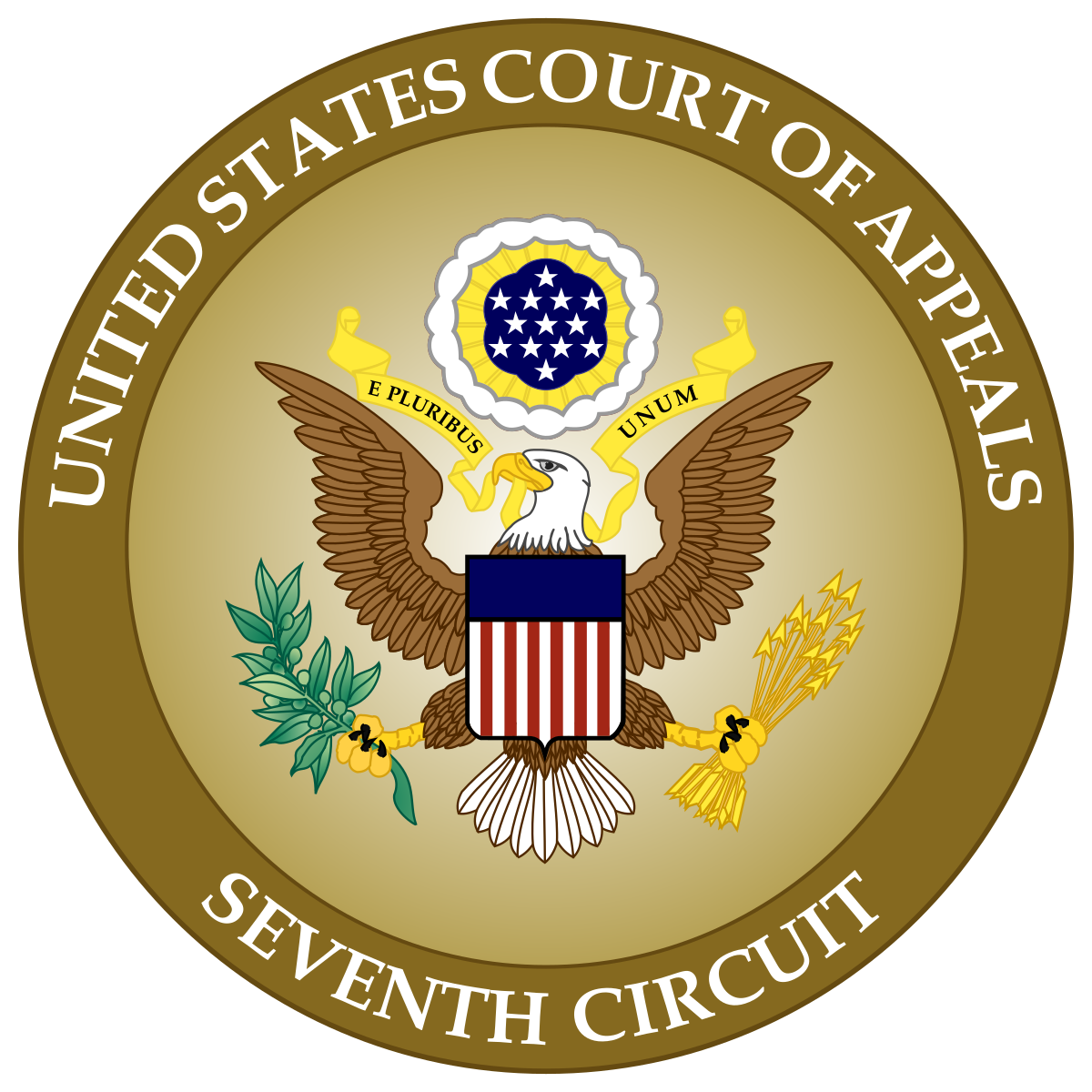Originally published on Forbes.com Sept 24th, 2014
Another challenge to the Patient Protection and Affordable Care Act (ObamaCare) has bitten the dust. The Seventh Circuit ruled last week in Association of American Physicians and Surgeons, Inc. v Koskinen. The principle mechanism that PPACA has for making sure that everybody purchases insurance is a penalty for certain individuals who are not insured and certain businesses that do not provide health insurance. In Notice 2013-45 the IRS had given the employers more time to comply but noted:
This transition relief through 2014 for the information reporting and Employer Shared Responsibility Provisions has no effect on the effective date or application of other Affordable Care Act provisions.
The doctors argued that there was a violation of separation of powers, although the Court thought it might have been more Article II and the Tenth Amendment. No matter. The district court dismissed the case for lack of standing. The doctors were not arguing about their own taxes.
Why They Thought They Had Standing
Their argument for standing was actually pretty clever.
Plaintiff McQueeney is a physician; the other plaintiff is an association of physicians. McQueeney and many of the Association’s members operate cash-only practices and do not accept insurance. One would suppose, therefore, that they are better off as a result of the IRS’s policy, for fewer people will carry insurance and plaintiffs will have more potential to attract business. They appear to believe, however, that insurance is “free” to workers—that wages do not adjust to reflect the value of pensions, insurance, and other fringe benefits. If that is so, then employers that do not provide insurance also will not offer higher wages (other things equal). Then, when workers buy their own insurance (or pay the penalty tax), they will have less income available to purchase medical care from plaintiffs. That change in the demand for their services gives them standing, plaintiffs maintain. By the same logic, they could litigate about any tax policy. If the IRS issues rules forbidding certain tax shelters, plaintiffs could demand a judicial review of the rules even though they have not used any similar devices to shelter their own incomes, because, whenever the IRS collects more in taxes (especially from those taxpayers most likely to afford medical care out of pocket), people have less income to buy the medical care that plaintiffs offer.
Clever as it may be the Seventh Circuit was not impressed.
In a market economy everything is connected to everything else through the price system. To allow a long, intermediated chain of effects to establish standing is to abolish the standing requirement as a practical matter—and the decisions we have cited are just a few among the many that refuse to follow that path.
Plaintiffs do not contend that the causal chain from the tax collector’s acts to their (asserted) injury is shorter than the ones held too long in Allen and similar decisions. Instead they assert that Allen is irrelevant because the claim there arose under the Equal Protection Clause, while plaintiffs’ claim rests on the Tenth Amendment and separation of powers. That has nothing to do with standing, however. A different substantive claim does not establish injury in fact, causation, and redressability, the three elements of constitutional standing to sue.
Seventh And Standing
Some of my readers are sure to take notice of this case as a tea leaf reading exercise. The Seventh is currently ruminating on whether the Freedom From Religion Foundation had standing to challenge the parsonage exclusion (Code Section 107(2)), which allows the megapastors of megachurches to exclude hundreds of thousands of dollars from their taxable income in the form of housing allowances. I don’t think this decision gives us any indication of how things will go for FFRF, but others may think differently.































































































